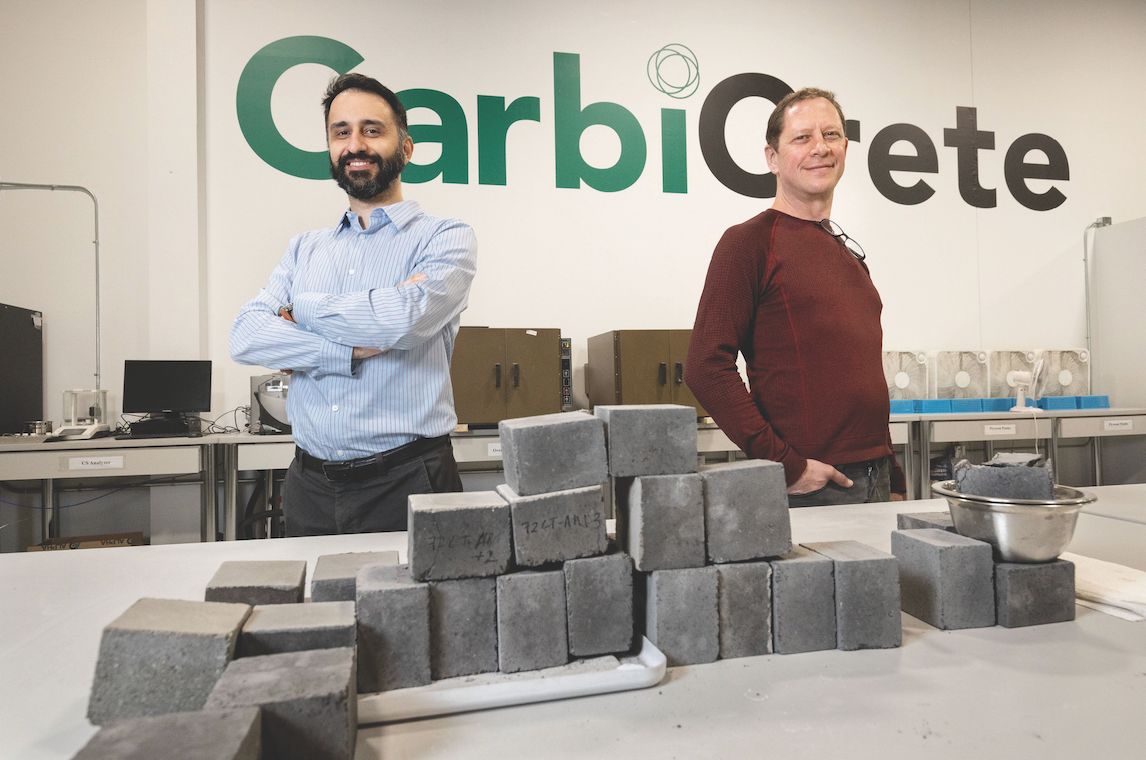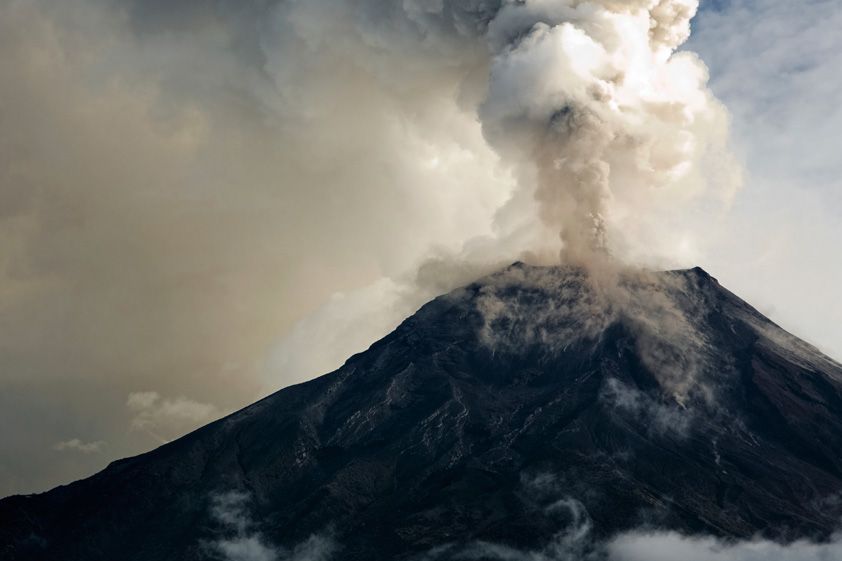mspohr
Well-Known Member
‘Stop setting things on fire’: nine great ideas to save the planet
‘Take the money out of politics
But now we need to stop setting things on fire, and rely instead on the fact that the good Lord put a large ball of burning gas 93m miles up in the sky, which we now have the wit to make full use of.
‘Rewild the planet
‘Take the money out of politics
But now we need to stop setting things on fire, and rely instead on the fact that the good Lord put a large ball of burning gas 93m miles up in the sky, which we now have the wit to make full use of.
‘Rewild the planet






:max_bytes(150000):strip_icc()/GettyImages-112123640-63300af9f7b84e7b91863e9fc8e4bc5b.jpg)
